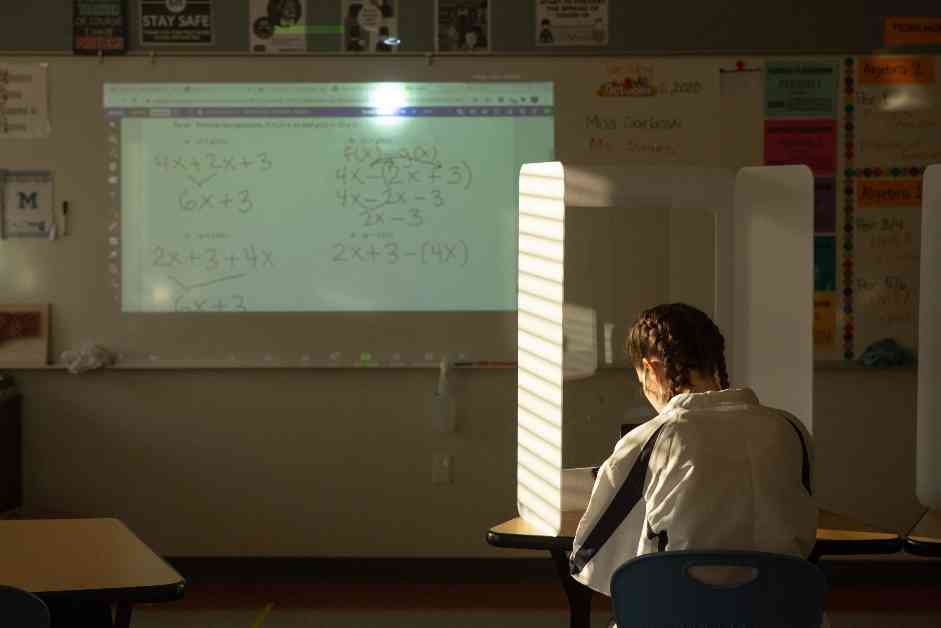Assessing the Impact of the Pandemic on Student Achievement
As students across the country return to school, many parents are grappling with concerns about their children’s readiness for grade-level work. The disruptions caused by the pandemic have had a lasting impact on education, with newly released data showing that student growth in the 2023-24 school year fell behind pre-pandemic achievement levels in nearly every grade.
The pandemic forced schools to pivot to remote learning, leading to changes in testing, grading, and attendance policies. While these accommodations were meant to be temporary, they have persisted, negatively affecting student outcomes. It’s time to address these challenges and raise the bar for academic achievement.
Chronic Absenteeism and Grade Inflation
One concerning trend that emerged during the pandemic is the increase in chronic absenteeism among students. Despite efforts to address this issue, recent studies have shown only modest improvements, with a lack of concern among parents and school leaders. Chronic absenteeism can have a significant impact on student learning and overall academic performance.
Additionally, there is evidence of grade inflation, with rising GPAs not necessarily reflecting improvements in student learning. Lowering expectations and standards can be detrimental to students’ long-term success. Research has shown that students benefit more from teachers who maintain higher grading standards and provide rigorous and engaging learning opportunities.
Raising Standards and Expectations
It’s not just teachers who play a role in setting academic standards; education leaders and policymakers also have a responsibility to ensure that students are challenged and supported in their learning. Some states have lowered their “cut scores” for proficiency on achievement tests, while others have reduced K-12 assessments and graduation requirements. These decisions can hinder accountability and overall academic growth.
Students themselves have expressed a preference for challenging and engaging learning experiences. Enthusiastic teachers who offer rigorous instruction can make a significant difference in student outcomes, particularly for historically marginalized groups who may have limited access to high-level learning opportunities.
Lessons from Successful Education Systems
States like Mississippi, Illinois, and Louisiana offer examples of successful strategies for raising academic standards and supporting student achievement. These states have seen students return to pre-pandemic levels of achievement in reading through evidence-based instructional strategies, tutoring, interventions for struggling learners, and professional development for educators.
Superintendents like Carey Wright in Maryland have emphasized the importance of raising rigor and implementing evidence-based practices to drive academic success. By setting high expectations and providing opportunities for all students to learn and grow, these states have shown that it is possible for students to succeed when challenged and supported effectively.
In conclusion, as we navigate the challenges of post-pandemic education, it is essential to prioritize academic rigor, high expectations, and evidence-based instructional practices. By focusing on these key principles, we can help all students overcome the setbacks of the pandemic and thrive in their academic pursuits.

